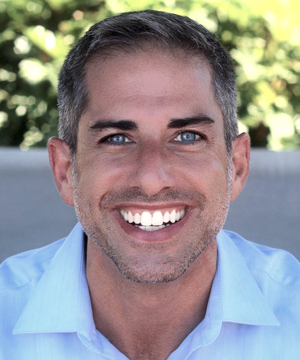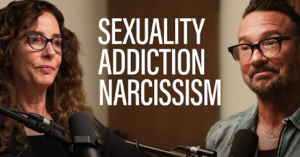by Dan Lacovara, MFT
Saturday, November 18, 2017
9:30am – 1:30pm, CSU Northridge
14651 Oxnard Street, Van Nuys, CA 91411
4 CEUs available – $70
The concept of sex addiction is a controversial topic among both the general public and some who work in the addiction field. While the terminology and diagnostic criteria may not fit the traditional model of addiction, it cannot be ignored that there are individuals whose sexual behaviors at some point become unmanageable, have wreaked havoc on their lives and the lives of others. But just as alcohol is merely a means to an end for the alcoholic, sex addiction has little to do with sex. Rather, it can be thought of as a syndrome that presents as an ongoing re-enactment of deeply entrenched and unconscious adaptive patterns typically borne of early relational trauma or later childhood trauma and neglect. Dysfunctional as the behaviors are, it can become a desperate search for identity and belonging. To understand the etiology of sex addiction, one must examine it from a relational, affective and neurobiological perspective. Only then can it be diagnosed and treated in an effective manner. The instinct to have sex is a basic human drive, however. How can an individual express healthy sexuality when sex is the very thing that is so destructive? Is “recovery” possible?
Daniel Lacovara, MFT, is the Clinical Outreach Specialist at CHS. Daniel’s role is to provide sex therapy and sex addiction training and education to graduate schools and clinical training sites. Before joining CHS, Dan worked at the Los Angeles Gay and Lesbian Center, where he worked with clients with substance abuse and mental health problems such as anxiety, depression and grief and loss. In addition, he designed the curriculum for and co-facilitated the Center’s first Sexual Compulsives Group for men. He has participated in Group Psychotherapy Association of Los Angeles (GPALA) trainings on psychodynamic and relational work in group therapy and with the California Association of Mental Health (CAMFT) on depression and its impact on intimate relationships. He has also received training in attachment theory and Bowenian approaches to individual and couples treatment at the Bowen Institute in San Diego.
For Registration Information contact Heidi Kwok: heidikwok2000@yahoo.com



